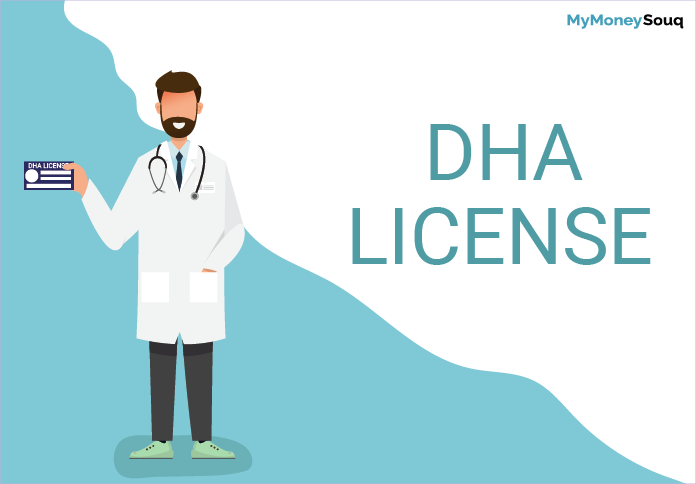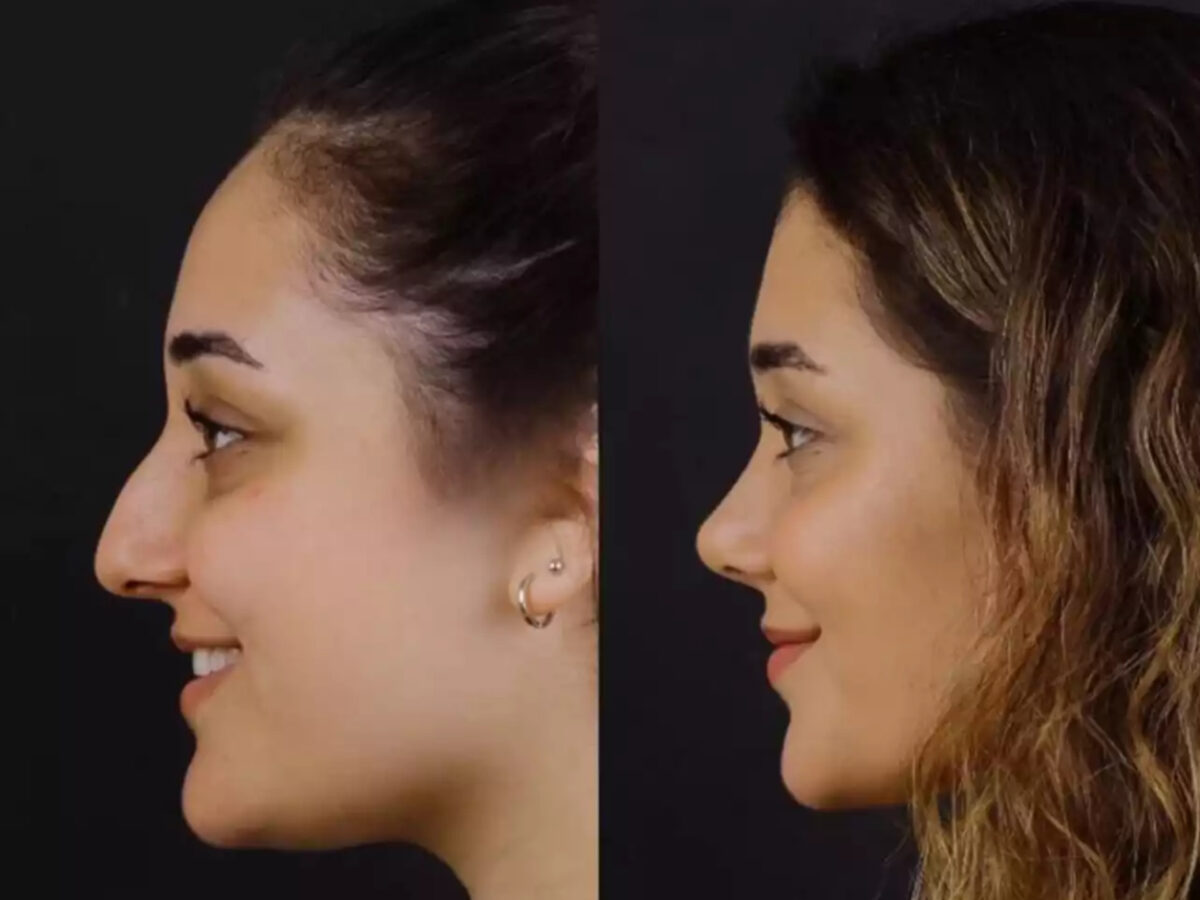Steps to Secure an Abu Dhabi Medical License – What You Need to Know

Securing a medical license in Abu Dhabi is a critical step for healthcare professionals aiming to work in the United Arab Emirates. The process can be meticulous, and there are specific requirements and steps you need to follow to ensure a successful application. This guide outlines the key steps to secure a medical license in Abu Dhabi, while also highlighting important points for those seeking a doctor license Dubai.
1. Understand the Governing Authority: Department of Health – Abu Dhabi (DOH)
The licensing process in Abu Dhabi is managed by the Department of Health – Abu Dhabi (DOH), which oversees healthcare standards and medical licensing. All doctors, nurses, pharmacists, and other healthcare professionals must obtain their license through DOH before practicing in Abu Dhabi. Knowing the authority and its requirements is essential, as each healthcare sector has its own standards.
2. Meet the Eligibility Criteria
Before applying, healthcare professionals must ensure they meet the eligibility criteria set by the DOH. These criteria are based on qualifications, experience, and sometimes even nationality. Typically, applicants should have a recognized medical degree, relevant training, and sufficient experience in their specialty. Generally, DOH requires:
- A recognized medical degree from an accredited institution.
- Completed internship or equivalent practical experience.
- A minimum of two years of experience for general practitioners or specific years of specialization for specialists.
- Good standing with previous licensing authorities if you have practiced in other countries.
For doctors interested in practicing in Dubai, the requirements are similar but managed by the Dubai Health Authority (DHA), so professionals seeking a doctor license in Dubai should also familiarize themselves with DHA’s regulations.
3. Prepare Your Documents
Applying for a medical license requires a range of documents. Common documents include:
- Medical Degree and Transcripts: Ensure these are from a recognized and accredited medical school.
- Internship Completion Certificate: This certificate proves you have completed the required hands-on training.
- Work Experience Certificate: Verification from past employers confirming your experience in the medical field.
- Good Standing Certificate: This document verifies that you have no history of malpractice or unethical practices.
- Passport and Visa Copy: A valid passport and a copy of your residency visa (if already residing in the UAE).
- Passport-size Photographs: Usually two to four photos that meet passport standards.
All documents should be attested by the Ministry of Foreign Affairs in your home country and by the UAE embassy.
4. Register on the DOH Licensing Portal
DOH’s licensing process is conducted online through the Shafafiya licensing portal. You’ll need to create an account on the platform, upload your documents, and complete your profile. This online platform is secure, efficient, and allows applicants to track the status of their application in real-time.
Professionals interested in obtaining a doctor license in Dubai would use DHA’s similar system, the Sheryan portal. Although both portals operate differently, they share the purpose of regulating healthcare professionals.
5. Credential Verification through DataFlow
After submitting your documents on the DOH portal, the next step is credential verification. DOH has partnered with the DataFlow Group, which verifies the authenticity of the documents provided. The verification process typically covers education, experience, and good standing certificates.
DataFlow verification may take several weeks to complete. To avoid delays, ensure all submitted documents are accurate and properly attested. It’s worth noting that applicants aiming for a doctor license in Dubai will also go through the DataFlow process, as this group is also partnered with DHA.
6. Take the DOH Licensing Examination
The DOH requires healthcare professionals to pass a licensing examination to ensure they meet the standards necessary to practice in Abu Dhabi. The exam varies based on specialty:
- General Practitioners (GPs): This test typically covers a broad range of medical topics and evaluates foundational knowledge.
- Specialists: Specialists will be tested in their field of expertise, such as cardiology, dermatology, pediatrics, etc.
The exam format is usually multiple-choice, covering relevant medical knowledge, diagnostic skills, and patient management scenarios. It’s essential to review the DOH’s guidelines on exam content and prepare accordingly. Passing the examination is mandatory for licensure, and retake options are available if needed.
For professionals seeking a doctor license in Dubai, the DHA also requires a licensing examination, with content tailored to meet Dubai’s healthcare standards. Both examinations are essential and must be passed to receive a license.
7. Complete Additional Training (if Required)
Some applicants may be required to complete additional training or clinical practice hours if their qualifications or experience fall short of DOH’s requirements. For example, a doctor with limited specialty experience may be asked to undergo supervised training. It’s important to clarify if any additional requirements apply to your case during the application process.
8. Submit the Application Fee
The application fee is a necessary part of the licensing process. The cost can vary based on the profession and specialty, but it usually ranges between AED 1,000 to AED 3,000. This fee covers the application review, DataFlow verification, and examination costs. Fees are generally non-refundable, so applicants should be certain of meeting all requirements before submitting.
9. License Issuance and Activation
Once you have successfully passed the examination and your credentials are verified, the DOH will issue your license. The license is typically valid for one year and must be renewed annually. Each year, practitioners must complete a certain number of Continuing Medical Education (CME) hours to ensure they stay current in their field.
10. Understand Renewal and Transfer Options
The medical license must be renewed annually in Abu Dhabi. Renewal involves submitting CME hours, a renewal fee, and potentially updated documents if there have been changes to your status.
For those already holding a doctor license in Dubai who wish to transfer to Abu Dhabi, there is a license transfer pathway between DHA and DOH, which simplifies the process. However, additional exams or document verification might still be required depending on individual circumstances.
Additional Considerations for a Doctor License in Dubai
While the process for obtaining a license in Abu Dhabi through DOH is thorough, Dubai’s DHA also has rigorous standards. For healthcare professionals, particularly those working in both emirates, understanding the distinctions between DOH and DHA processes can be beneficial. Here are a few key differences to consider for those seeking a doctor license in Dubai:
- Distinct Exams: Each authority administers its own examination, so passing the DOH exam does not automatically qualify a doctor to practice in Dubai without DHA’s examination.
- Specialized Licensing Portals: While DOH uses Shafafiya, DHA uses the Sheryan portal. Familiarizing yourself with each portal is essential for professionals working across both locations.
- Reciprocity Agreements: DHA and DOH may sometimes offer streamlined pathways for licensed professionals in one emirate to gain licensure in the other, especially for those in high-demand specialties.
Final Tips for a Smooth Licensing Process
Navigating the medical licensing process in Abu Dhabi requires preparation and attention to detail. Here are some tips to ensure a smoother process:
- Begin Early: Start preparing documents, verifications, and exam reviews well in advance, as some steps may take longer than anticipated.
- Double-Check Document Accuracy: Any errors in documentation could result in delays, so carefully review each document before submission.
- Stay Informed of Updates: Both DOH and DHA occasionally update licensing requirements, so staying informed can help avoid unnecessary setbacks.
- Consider Professional Assistance: Some professionals may find it helpful to consult agencies or legal services specializing in UAE medical licensing.
Securing a medical license in Abu Dhabi is a rewarding accomplishment that opens doors to a vibrant healthcare system in one of the world’s most dynamic regions. By following the outlined steps and ensuring all requirements are met, healthcare professionals can obtain their license and begin their practice with confidence. Whether aiming for a career in Abu Dhabi or pursuing a doctor license in Dubai, the UAE offers vast opportunities for medical professionals to thrive.
Visit here to read more:










